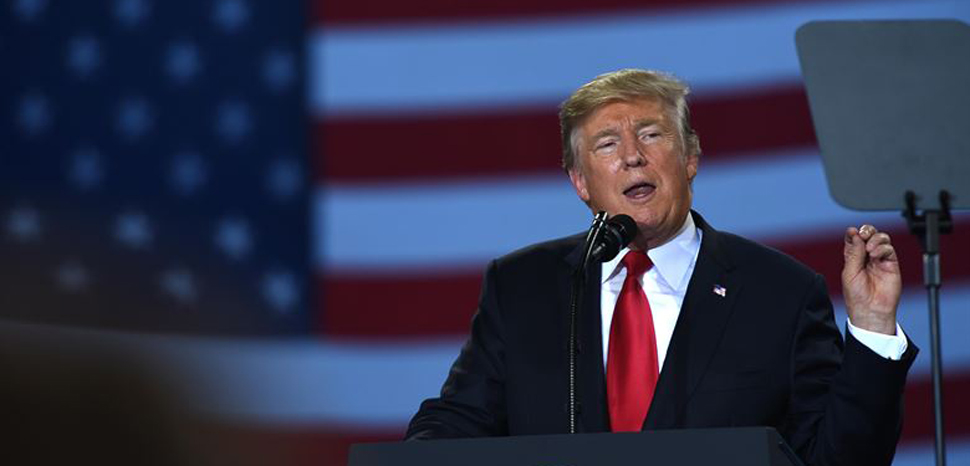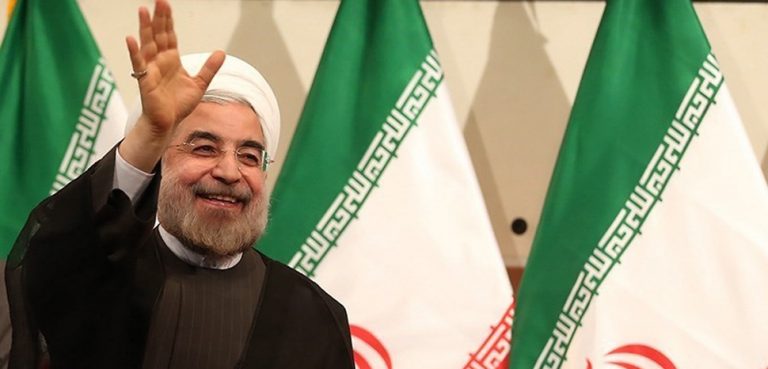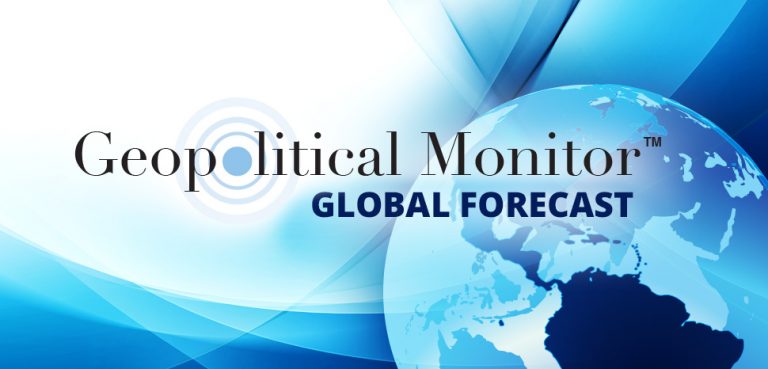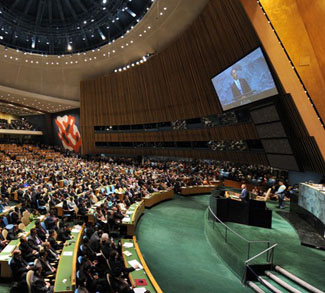On May 8, 2018, President Trump pulled the U.S. out of the Joint Comprehensive Plan of Action (JCPOA), or what is commonly known as the Iran nuclear deal, and said that he would restore far-reaching sanctions with the purpose of isolating Iran from the global economy. This was followed by widespread speculation that this is the beginning of a path toward a US-Iran war, but President Trump has been exercising restraint ever since, at least in the sense of avoiding a military confrontation with Iran. Trump believes that U.S. economic sanctions would be sufficient to create conditions so difficult that Iranians would be forced to come to the negotiating table.
Following the imposition of unilateral sanctions by the U.S., the Iranian economy has deteriorated significantly, which has caused severe hardships for its government and citizens; plus, the Iranian government is reportedly finding it difficult to maintain its regional influence, as it is not able to fund its regional proxies as much as it used to before the sanctions. Naturally, this has been presented to the world by Trump administration as evidence of the success of its sanctions regime. Trump has expressed confidence that Iran would soon capitulate under economic pressure and modify its foreign policy behavior.
On September 13, 2019, Marshall Billingslea, Assistant Treasury Secretary for Terrorist Financing was hosted by the Atlantic Council to talk about Trump administration’s maximum pressure campaign against Iran. He presented the policy and its objectives very concisely by saying, “Iran’s economy bankrolls it’s aggression. That is why the Treasury is actively targeting Iran’s key industries to drive a realization by Iran’s Supreme Leader that economic collapse is inevitable if Iran does not stop its sponsorship of terror and its proliferation activities and return to the negotiating table.” Afterwards, he listed a few of the impacts of Treasury’s sanctions campaign. He claimed that Iran’s oil exports have fallen around 500, 000 barrels per day (bpd) as of August from an estimated peak production of 2.5 million bpd before JCPOA, as a direct result of Washington’s call on importers of Iranian oil to refrain from contravening U.S. sanctions. He also pointed out the banning of Iran’s largest commercial airline, Maho Air, from landing in the U.K., France, Germany, and multiple other jurisdictions.




